
Book
All Made Up
The Power and Pitfalls of Beauty Culture, from Cleopatra to Kim Kardashian
Recommendation
Makeup generates power and confers status, but also takes them away, depending on culture, time and context. In a politically charged atmosphere where culture wars rage, Rae Nudson offers history, unusual analysis and controversial connotations. If gay and trans people use makeup, is it self-expression or rebellion against gender roles? If women leaders use it, are they putting their most powerful face forward or indulging the patriarchy? Makeup is “ink,” Nudson says, and it conveys a message – inadvertent or not.
Summary
About the Author
Reporter Rae Nudson has written for Esquire, The Cut, Paste Magazine, The Week, The Billfold and Real Life, among others.
Learners who read this summary also read
Book
Book
Book
Book
Book
Book









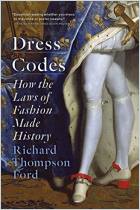
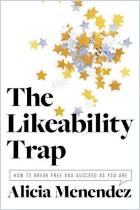
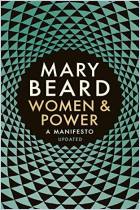
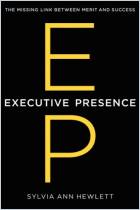
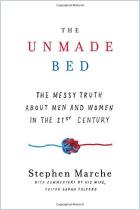
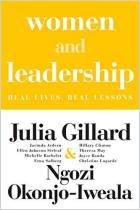


Comment on this summary or 开始讨论